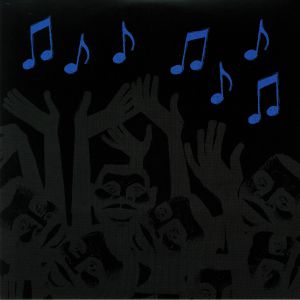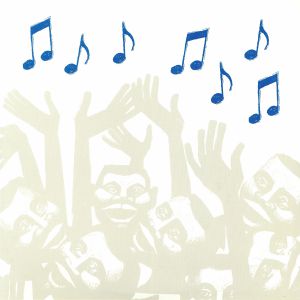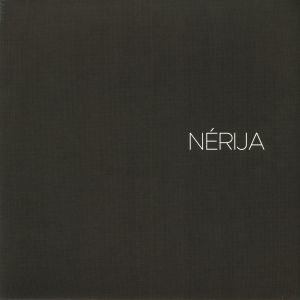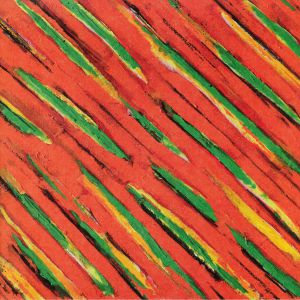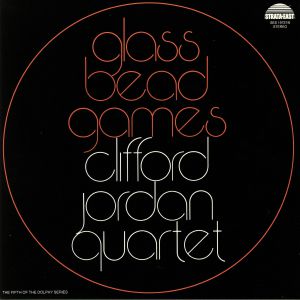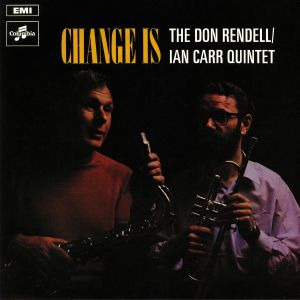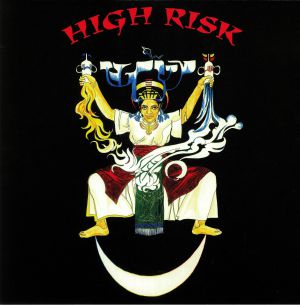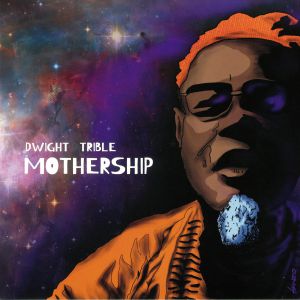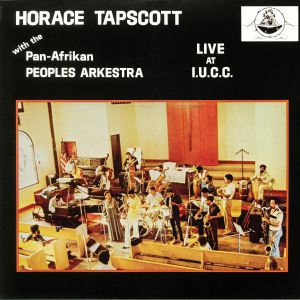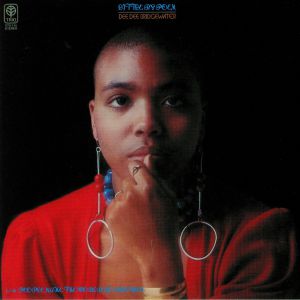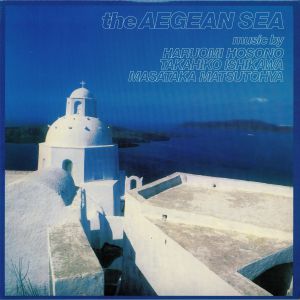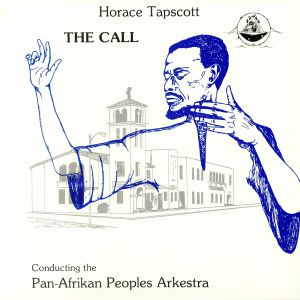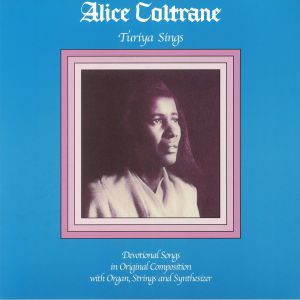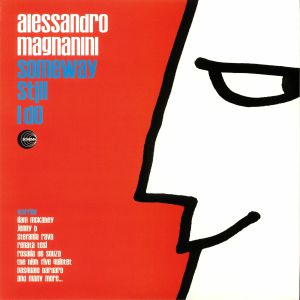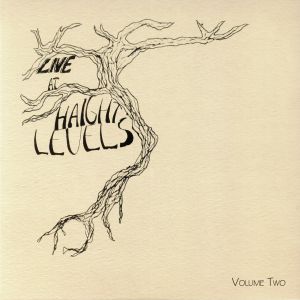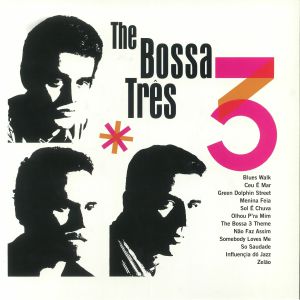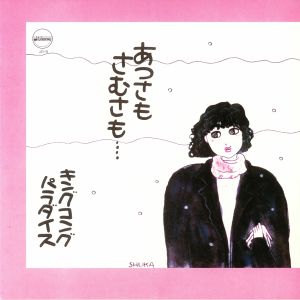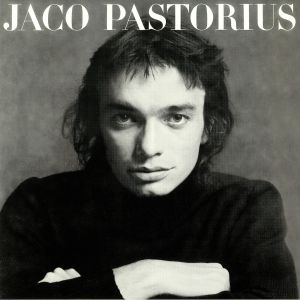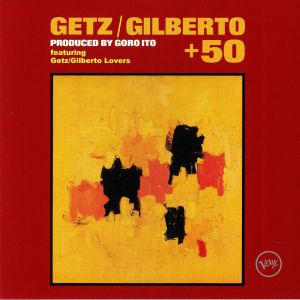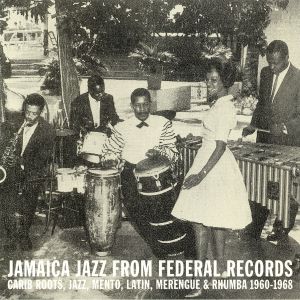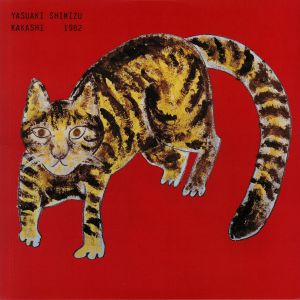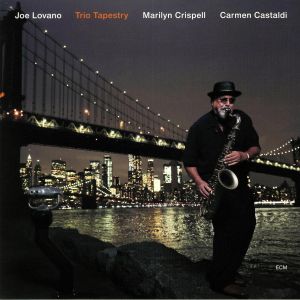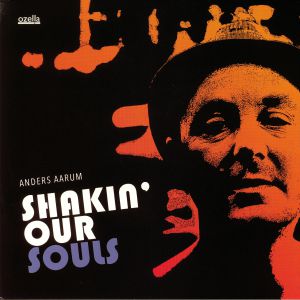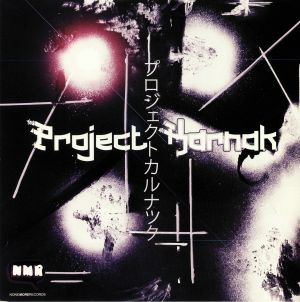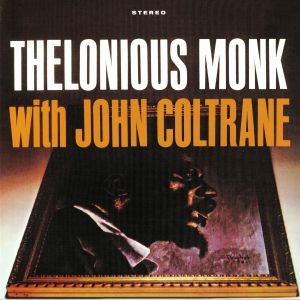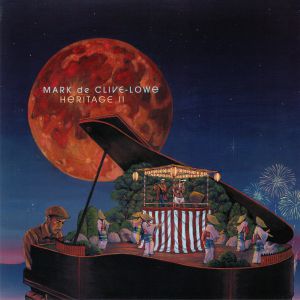
Juno Recommends Jazz
Jazz Recommends Jazz March 2019
1 Apr 2019
Read more...
1
Review: Jazzman concludes the ninth volume in its essential "Spiritual Jazz" series with a second deep dive into the unheralded spirituality lurking in the farthest corners of the Blue Note back catalogue. Beginning with the Latin jazz-inspired brilliance of Joe Henderson's "El Barrio", the double vinyl set meanders through a selection of quality cuts, stopping enroute to take in the dreamy vocals of Duke Pearson's peerless ambient-jazz number "Cristo Redentor", dance along to Pete La Roca's spiraling "Malaguena" and get entranced by the dense African drums of Solomon Ilori's epic "Igbesi Aiye (Song Of Praise To God)". The latter track, in particular, is worth the admission price on its own.
...Read more
out of stock $22.78
2
Review: For the latest volume in their incredible - not to mention essential - "Spiritual Jazz" series, Jazzman has dug deep into the archives of the mighty Blue Note imprint to uncover some of the label's deepest and most spiritually minded releases. There's much to admire on part one (part two is available separately), with highlights including the gentle breeze of Bobby Hutcherson's "Verse", the meandering sax solos, skittish beats and jaunty pianos of Wayne Shorter's "Footprints", the string-laden hustle of "Poinsettia" by Andrew Hill, the "Rose Rouge" style grooves and heady chants of Eddie Gale's "The Rain" and the slick vibraphone solos and bold timpani drums of Duke Pearson's "The Phantom".
...Read more
out of stock $23.33
4
Review: Over the years, Italian eccentrics 291out have proved tricky to pin down. While their releases are rooted in the spacey end of the jazz-funk spectrum, they also touch on film soundtracks, quirky electronica and meandering progressive rock. This time out they're operating on a Latin tinged jazz-rock tip, with crunchy guitars, fuzz-soaked horns, rubbery bass and eyes-closed electric piano motifs rising above a head-nodding groove. The band's included "Alternative Version" is noticeably wilder and more intense, with a looser beat and a greater number of mind-mangling horn solos. In terms of remixes, you'll find Italian veterans Leo Mas and Fabrice at the controls. Their A-side revision sounds a little like a jazzier take on Italian Balearic rock merchants Almunia, while their flipside "Alternative Remix" is a bounding, peak-time-ready jazz-house workout.
...Read more
out of stock $6.31
5
Cat: SES 19737/8. Rel: 19 Apr 21
Jazz
out of stock $57.09
6
out of stock $30.20
7
out of stock $21.41
8
Review: On his previous album, 2017's "Inspirations", veteran jazz vocalist Dwight Trible joined forces with Manchester bandleader Matthew Halsall to cover some of his favourite songs. Two years on, the Los Angeles-based artist returns with a set of mostly new compositions recorded with a backing band including broken beat veteran Mark de Clive-Lowe on keys (thrillingly, fellow LA resident Kamasi Washington also features on title track "Mothership"). It's an impressive album, all told, with Trible's soulful, impassioned vocals and conscious, hard-hitting lyrics providing a constant source of inspiration on tracks that are variously impressively spiritual, intensely psychedelic, delightfully uplifting and seductively soulful.
...Read more
out of stock $23.33
9
Cat: OTR 007. Rel: 01 Apr 19
Jazz
out of stock $36.22
10
Review: Curiously, jazz singer turned disco diva Dee Dee Bridgewater's debut album, 1974's "Afro Blue", was only ever released in Japan. It's from this set that these two tracks are taken. A-side "Little B's Poem" is a superb slab of soul-jazz brilliance that sits somewhere between Nina Simone, Billie Holliday and the kind of sun-kissed, life-affirming classic jazz that was once all the rage in underground jazz clubs. Over on side B you'll find Bridgewater's version of "People Make The World Go Round", with her impeccable vocal rising above fluid pianos, brushed drums and snaking trumpet solos.
...Read more
out of stock $21.41
11
Cat: V 25AH506. Rel: 13 Mar 23
Jazz
Review: In 1979, a year after he co-founded Yellow Magic Orchestra, Haruomi Hosono joined forces with acoustic guitarist Takahiko Ishikawa and keyboardist Masataka Matsutoya to record "The Aegean Sea", a gloriously sunny set of jazz-fusion, disco and jazz-funk cuts shot through with Mediterranean musical influences. It's the kind of thing that would now be considered "Balearic", so it's little surprise to see the set getting a European reissue for the very first time. There's much to admire throughout, from the funk-fuelled dancefloor cheeriness of "Reggae Aegean Woman" and Bob James/Jimmy Smith-influenced bliss of "Image", to the sun-baked gorgeousness of "Day Break" and thrillingly jaunty "Atlantis".
...Read more
out of stock $23.33
12
out of stock $24.15
13
Cat: OTR 009. Rel: 01 Apr 19
Jazz
out of stock $22.50
14
out of stock $17.02
15
out of stock $28.54
16
Review: Earlier in the year, Mo-Jazz delivered the first installment of "Live At Haight Levels", an album based around a recently rediscovered 1967 live recording of Afro Blue Persuasion, an almost unknown Bay Area Afro-jazz band fronted by Vibraphone player and San Francisco scene stalwart Ulysses Crockett. Here they deliver the second and final part, which is every bit as essential as its predecessor. Highlights include the fluttering flutes, Cuban drums and dancing piano riffs of "Cuban Fantasy", the spiraling, life-affirming brilliance of "Mambo At The M" (where Crockett's vibraphone skills come to the fore) and the dusty jazz wig-out that is "Night In Tunesia".
...Read more
out of stock $21.69
17
out of stock $10.16
18
in stock $20.04
19
Review: During its original lifespan in the early 1980s, Japanese imprint Johnny's Disk Record released some brilliantly weird and wonderful records, most of which now changed hands for eye-watering sums online. "Atsusa Mo Samusamo", the third album from obscure combo King Kong Paradise, is one such example. Here reissued for the first time since its original 1984 release, the set offers a surprisingly sun-kissed blend of Pat Metheny style jazz guitars, Wailers-style reggae riddims, wild electronics and lo-fi production that makes most of the tracks sound like they were recorded using microphones placed several hundred metres away from the band. It's an undeniably unique record and one that still sounds sublime 35 years after it was recorded.
...Read more
out of stock $42.27
20
out of stock $21.95
21
out of stock $24.15
22
out of stock $13.73
23
VARIOUS
Cat: DSRLP 023. Rel: 01 Apr 19
Jazz
out of stock $41.17
24
Review: Kakashi is the latest in a long line of largely forgotten Yasuaki Shimizu albums and side projects to be given the reissue treatment. The album was originally released in Japan by Better Days back in 1981, and saw the jazz man-turned-ambient explorer join the dots between melodious, post-punk era jazz-fusion, new age influenced downtempo grooves, dub, ambient and eccentric, hard-to-pigeonhole experimentation. While musically diverse, the album hangs together beautifully. This is primarily down to two key factors: the ubiquity of Shimizu's evocative saxophone, flute and clarinet playing, and the richness of the multi-instrumentalist's superb production.
...Read more
in stock $32.92
25
out of stock $24.60
26
out of stock $18.95
27
out of stock $15.65
28
Cat: 950668. Rel: 25 Mar 19
Jazz
out of stock $17.02
29
Review: Although Kiwi keys-man Mark de Clive-Lowe is currently a producer and session musician in demand, he still somehow finds time to pursue a solo career. Earlier in the year he delivered the contemporary jazz/jazz-funk classic in waiting "Heritage", and here we're treated to its sequel (or, more accurately given the short gap between sets, companion album). It's another belter, with highlights including the outer-space jazz/live drum and bass fusion of "Bushido II", the string-laden dreaminess of "Ryugu-Jo", the atmospheric Jap-Jazz epic "Shitenno" and the slick downtempo jazz-funk warmth of "Mirai No Rekishi".
...Read more
out of stock $17.84
30
out of stock $14.82

 USD
USD




